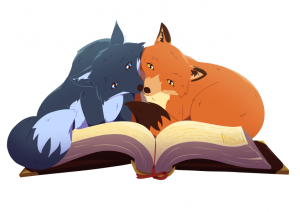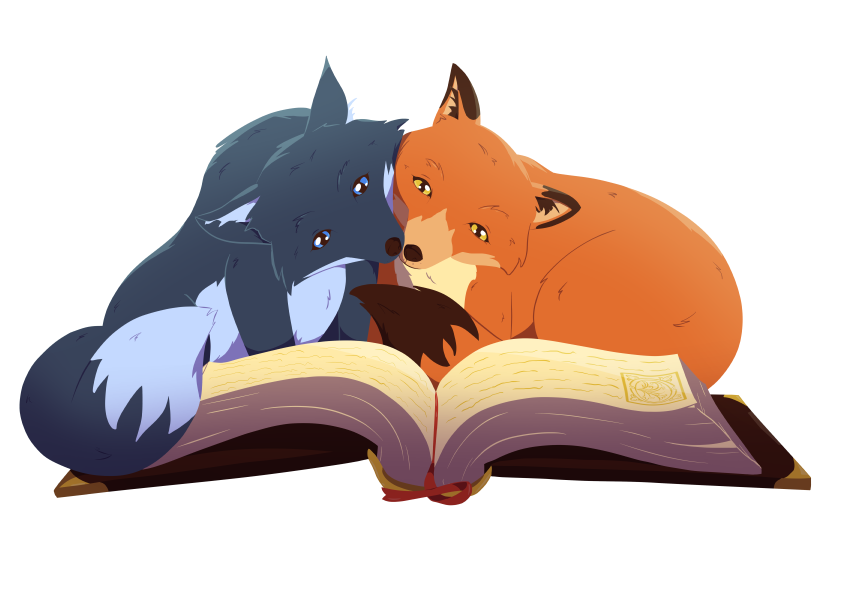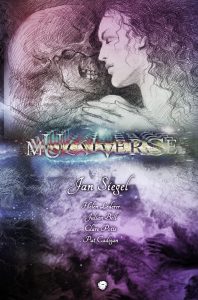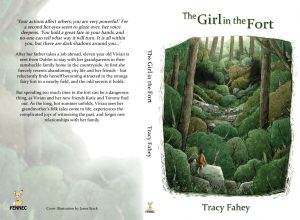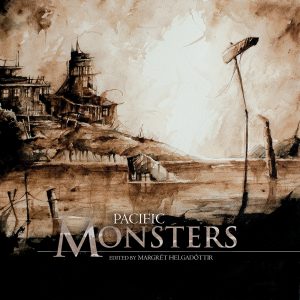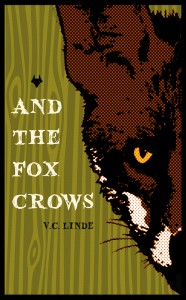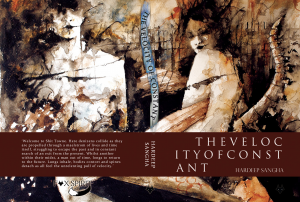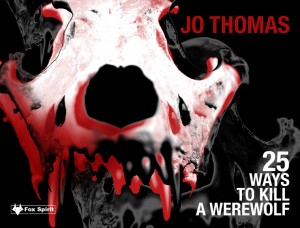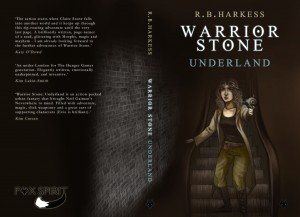by Amelia Gorman
I have a poem in Fox Spirit Books’ Winter Tales anthology, edited by Margrét Helgadóttir! It’s a beautiful book, with a fun mix of fabulism, sci-fi, stories with only the smallest touch of speculative elements, poetry, all kinds of stuff. I’d like to share the things that I think are great that inspired my particular piece.
There were two specific ideas I had been kicking around for months, trying to work into a poem or story when I saw Fox Spirit’s call for Winter Tales.
The first was a ballad in a book of poetry I stumbled across at the library. I think I was looking for the book “Monsters of the Sea” but this rebound, simple book of poetry grabbed my attention. It had classics like The Mermaid by Yeats, The Rime of the Ancient Mariner, many more modern pieces and a few inspiring strange anonymous ballads I had never read before.
(Weird. I want to say it was Penguin Random House’s Poems of the Sea because most of the pieces I remember being in the book EXCEPT the relevant poem is listed on the table of contents. Oh well, that looks like a nice book of poetry about the sea too.)
The best ballad that caught my attention was The Great Silkie of Sule Skerry.
An earthly nourris sits and sings,
And aye she sings, “Ba lilly wean,
Little ken I my bairn’s father,
Far less the land that he staps in.”
Then ane arose at her bed fit,
And a grumly guest I’m sure was he,
Saying “Here am I, thy bairn’s father,
Although I am not comely.”
I am a man upon the land,
I am a silkie in the sea,
And when I’m far frae every strand,
My home it is in Sule Skerry.”
“It was na weel”, the maiden cried,
“It was na weel, indeed” quo she,
“For the Great Silkie of Sule Skerrie,
To hae come and aught a bairn to me!”
Then he has taken a purse of gold,
And he has laid it on her knee,
Saying, “give to me, my little young son,
And take thee up thy nouriss fee.
It shall come to pass on a summer’s day,
When the sun shines hot on every stone,
That I shall take my little young son,
And teach him for to swim the foam.
And thou shalt marry a proud gunner,
And a very proud gunner I’m sure he’ll be,
And the very first shot that e’re he shoots,
he’ll kill both my young son and me.”
I found a number of things in this poem sticking with me. First of all, most selkie stories about women and their lives of shedding their skin, marriage, children, and usually returning to the sea. It was strange to read a story where the mythological creature was the father. Beyond that, the entire contents of the poem were just bizarre. He buys his son back? Especially knowing what’s going to happen? Is that a prophecy at the end or just him being sarcastic?
I wanted to tell a slightly more compassionate story, so I wrote about the difficulty of a formerly absent father adopting his son after the death of the mother.
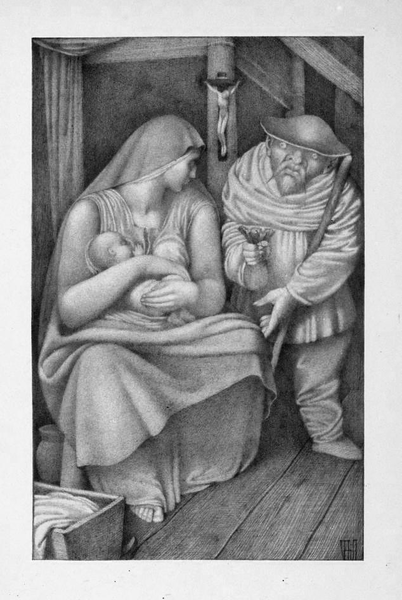
The other topic that fascinated me at the time was the Weddell seal, especially as presented by David Attenborough in the polar seas episode of Blue Planet It was almost too easy to anthropomorphize the seal’s fascinating life into something deeply lonely and tedious. The Weddell Seal is forced to gnaw open a single air hole alone all winter long so as to not run out of oxygen. In fact, its life span is shortened by its decreased ability to feed after dulling its teeth during the winter. I turn to nature documentaries for a lot of plots, the lives of animals contain so many bizarre, rich events that don’t take much work to twist into narrative structures.
Anyway, once I realized I wanted to combine those two ideas I wrote the poem that appears in Winter Tales. And along with that, I’m happy to share a very interesting ballad and one of nature’s great stories of survival, both of which are worth spending a little time with.
Copyright information for the quoted poem:
From Ballads Weird and Wonderful from 1912. https://commons.wikimedia.org/wiki/File:Vernon_Hill,_The_Great_Silkie_of_Sule_Skerry,_1912.png. Ballads Weird and Wonderful, 1912 can be checked up on here – https://archive.org/stream/balladsweirdwond00choprich#page/n39/mode/2up
